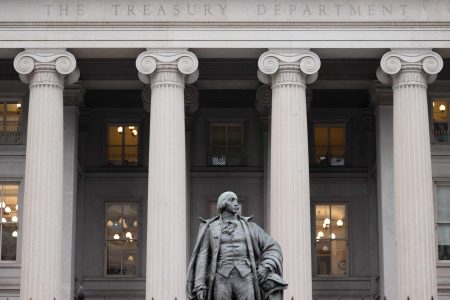LSU’s pregame routine has recently turned into a political controversy following the team’s Elite Eight loss to Iowa. Louisiana Governor Jeff Landry posted a tweet calling for a policy that would require student-athletes to be present for the national anthem or risk losing their scholarships. While conservative commentators criticized LSU players and coaches for not being on the court during the anthem, head coach Kim Mulkey explained that it was simply part of the team’s usual pregame routine.
Governor Landry’s tweet sparked confusion among LSU administrators, with the University of Louisiana System Board of Supervisors chair expressing doubts about enforcing such a policy. The state’s commissioner of higher education also noted that the board of regents does not have authority over scholarship decisions. An LSU spokesperson pointed out that both the men’s and women’s basketball teams have stayed in the locker room during the anthem for several seasons, focusing on preparing for the game instead of being on the court during the anthem.
It’s worth noting that teams not being present on the court or field during the national anthem is not uncommon in college athletics, even before Colin Kaepernick’s protests against racial injustice began. LSU’s decision to stay in the locker room during the anthem is consistent with that of other college teams. This controversy is not the first time the national anthem has become political theater at LSU, as legislators previously threatened the team’s funding over players who kneeled during the anthem like Kaepernick, prompting a response from then-LSU president F. King Alexander.
LSU’s pregame routine controversy highlights the intersection of sports and politics, with issues such as national anthem protests sparking debates at both collegiate and professional levels. While Governor Landry’s tweet called for a strict policy regarding student-athlete participation in the anthem, LSU administrators expressed reservations about enforcing such requirements. The team’s decision to remain in the locker room during the anthem has been a longstanding practice, focusing on game preparation rather than making a political statement.
Despite the political backlash, LSU’s stance on the national anthem reflects a larger trend in college athletics where teams opt to stay in the locker room during the pregame ceremony. This controversy serves as a reminder of how sports can become entangled in larger societal debates, with issues like respect for the flag and freedom of expression coming into play. LSU’s experience with the pregame routine controversy shows the complexities and challenges of navigating the political landscape in sports, where decisions made by teams and coaches can have far-reaching consequences.















